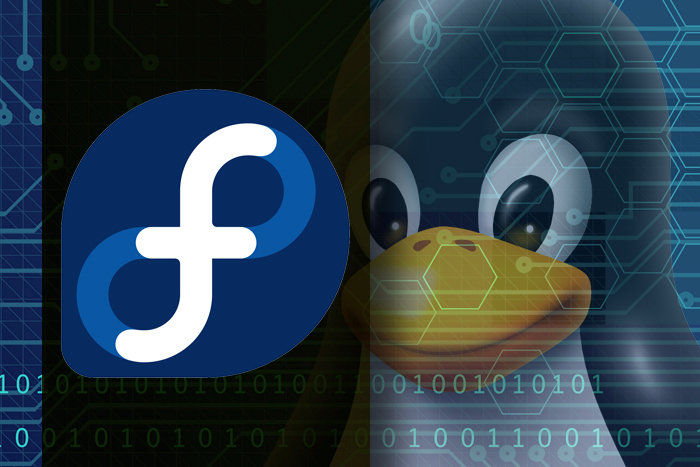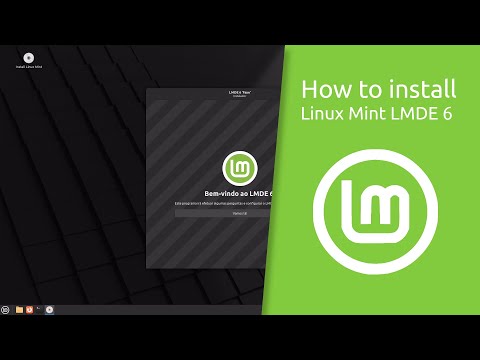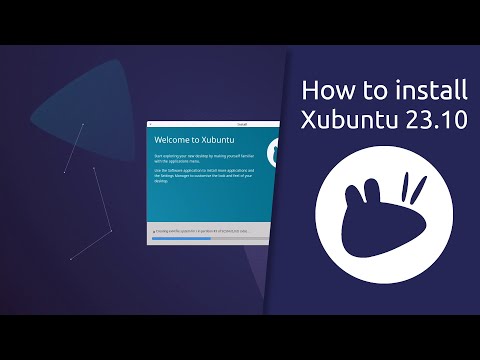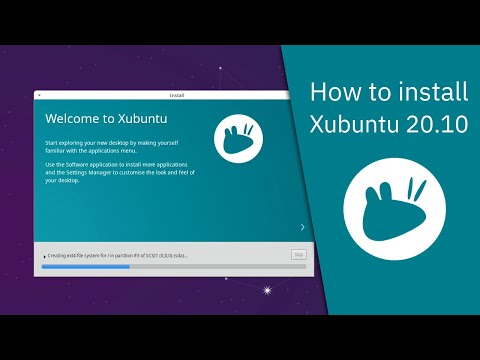
Fedora Linux, the Red Hat-sponsored Linux project that serves as both a developer-focused distribution and as an upstream proving ground for new ideas in Red Hat Enterprise Linux, is now available in version 30.
Previous version: What’s new in Fedora 28
Fedora 28 unveiled the following changes:
- A new, optional, software repository called “Modular,” also know as “AppStream,” allows users to upgrade individual packages apart from the rest of the system, at a faster pace than Fedora’s twice-per-year release cycle.
- The desktop environment has been upgraded to GNOME 3.28.
- 64-bit ARM is now supported as a primary architecture.
- Many kernel-level power saving features are now active by default.
- Better guest integration for the VirtualBox hypervisor. The drivers used to make Fedora run well as a VirtualBox guest are now shipped with Fedora by default and don’t need to be installed by hand.
- The container-centric Atomic Host variant of Fedora now uses Kubernetes 1.9 for orchestration.
- Fedora 28 also includes updates to many system packages for developers: GCC 8.1 (and glibc 2.27), Golang 1.10, Ruby 2.5, and PHP 7.2.
Previous version: What’s new in Fedora 27
Fedora 27 introduced the following major changes:
- Fedora now uses Modularity—an alternative (and optional) approach to package delivery that ships additional versions of software on independent lifecycles. Modules can be upgraded independently of each other and the system as a whole, allowing users to more easily run newer or older versions than the Fedora defaults.
- The development tool stack has been upgraded: Go 1.9, Perl 5.26, Java 9 (included as a tech preview), Ruby on Rails 5.1, Node.js 8, and new versions of the Gnu C library (2.26) and the Boost libraries (1.64).
- Red Hat’s Flatpak initiative draws on an idea gleaned from container technology to make it easier to deploy Linux apps with GUIs, such as LibreOffice, across multiple distributions. Fedora started adding support for Flatpak applications in Fedora 24, and several applications, such as LibreOffice, now offer Flatpak editions of their applications.
- Fedora will no longer offer official alpha builds. Instead, the nightly builds of Fedora—the Rawhide releases—will be delivered at the level of an alpha-quality. But there will continue to be beta releases.






